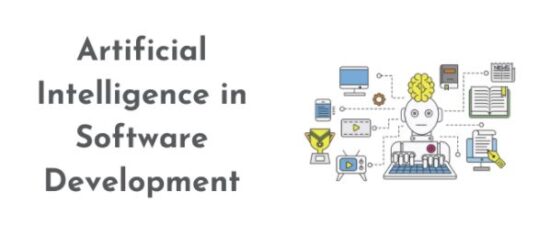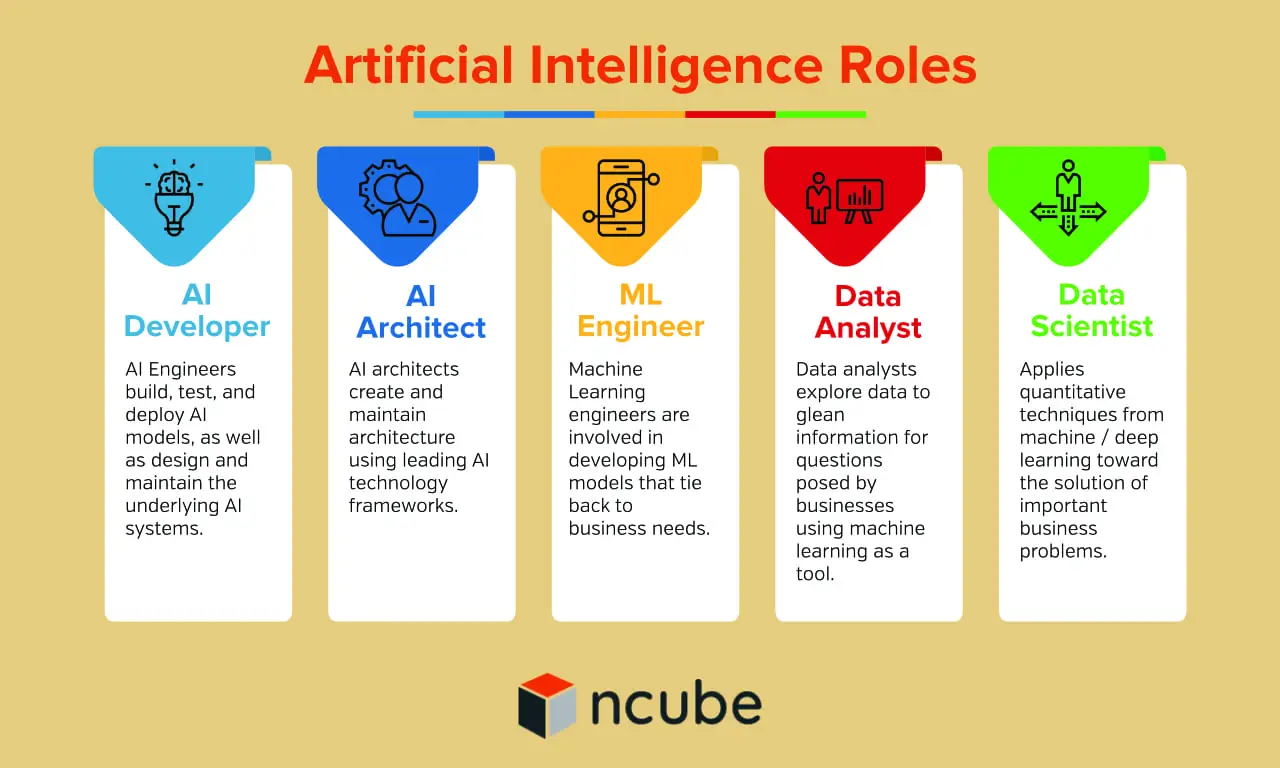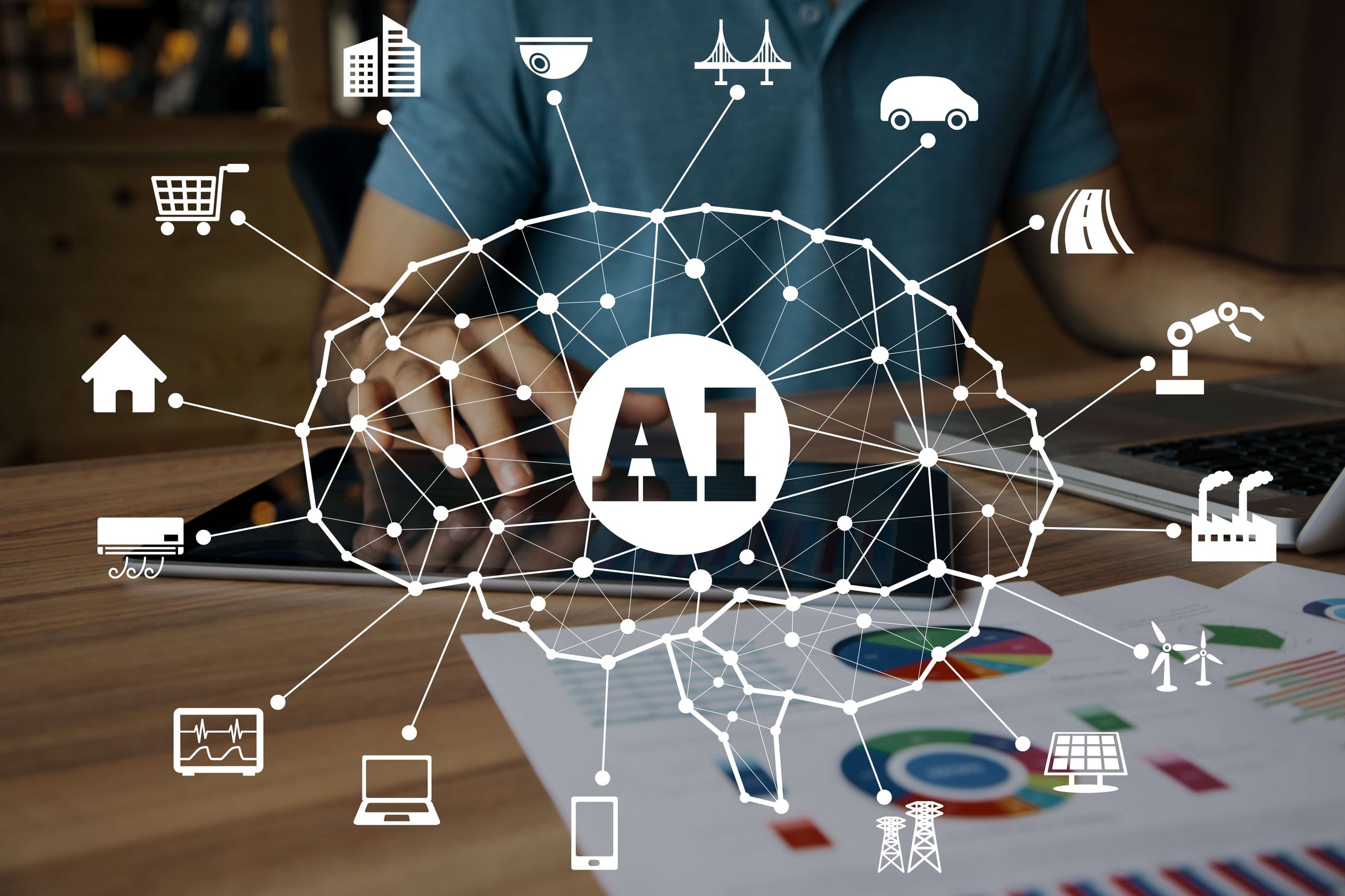The Role of Artificial Intelligence in Software Development

Artificial Intelligence (AI) has emerged as a transformative force in various industries, including software development. AI encompasses technologies such as machine learning, natural language processing, and computer vision, all of which offer unique benefits for the software development process.

Code Generation and Analysis: AI can automate the generation of high-quality code. AI-powered tools use deep learning algorithms to analyze existing code patterns, detect trends, and generate customized code snippets. This capability optimizes the software development process by reducing repetitive tasks and allowing developers to focus on complex problem-solving. Additionally, AI can analyze code to identify potential vulnerabilities and performance bottlenecks, enhancing the reliability and efficiency of software.

Testing and Debugging: AI enables the automation of testing and debugging, leading to more effective and efficient software quality assurance. AI-powered tools can perform exhaustive testing by leveraging machine learning algorithms to generate diverse test scenarios. They can also detect inconspicuous bugs, reducing the time and effort spent on manual debugging and minimizing the likelihood of defects in the final product.
Predictive Analytics and Optimization: AI also plays a crucial role in predictive analytics and optimization within software development. By utilizing AI-powered tools, developers can analyze user behavior, predict potential issues, and optimize software performance. AI algorithms can identify patterns in software usage, anticipate bottlenecks, and recommend enhancements to improve user experience and satisfaction.
Agile Development and Continuous Integration: AI facilitates Agile development and continuous integration by automating repetitive tasks and enabling real-time collaboration. AI-powered tools can verify code changes, track dependencies, and provide predictive insights during the iteration cycles of software development. This accelerates the software development process, ensuring timely delivery of bug-free software while adapting to changing requirements.
Domain-Specific Customization: AI can customize software development processes specific to different domains. By leveraging domain knowledge and AI algorithms, AI-powered tools can generate tailored solutions, frameworks, and templates tailored to the unique needs of industries like healthcare, finance, or transportation. This reduces development time, enhances software relevance, and improves the alignment with domain-specific requirements.
In conclusion, AI is revolutionizing software development by offering a myriad of benefits. From automating code generation and testing to enabling predictive analytics and domain-specific customization, AI empowers developers to work more efficiently, create more robust software, and cater to the evolving demands of the digital era.### The Role Of Artificial Intelligence In Software Development
Executive Summary
Today, software development companies are in a cut-throat race to develop better applications faster and more cost effectively than their competitors. AI in software development has been the key to unlocking a new era of increased efficiency, productivity, and accuracy. As Artificial Intelligence (AI) continues to evolve, it is expected to have a significant impact on the software development process.
Introduction
Artificial intelligence (AI) is the simulation of human intelligence processes by machines, especially computer systems. The main goal of AI is to enhance computer functionality by employing problem-solving methods inspired by the human mind, including learning, reasoning, and self-correction. Below are key ways AI contributes to improving software development.
The Role of AI in Software Development
Test Automation
- This type of testing involves the implementation of AI techniques to automate the writing and execution of test cases.
- Reduced testing time – AI can help streamline the testing process by identifying and prioritizing tests that need to be run.
- Improved test coverage – AI can help to identify areas that would benefit from additional testing.
- Reduced defects – AI can help to identify and fix defects in software before they go to production.
- Improved user experience – AI can help to identify and fix usability issues to ensure a better customer experience.
Code Review
- AI-powered code review tools can be incorporated to assess code quality and discover issues more quickly.
- Improved code quality – AI can help to identify and eliminate security risks, bugs, and other issues.
- Increased development speed – AI can help to automate code reviews, freeing up developers to focus on other tasks.
- Reduced costs – AI can help reduce the cost of code reviews by automating the process.
- Improved compliance – AI can help to ensure that code complies with relevant standards and regulations.
Requirement Analysis
- AI-powered tools can be employed to analyze and document software specifications.
- Improved requirements gathering – AI can help to capture and manage requirements more efficiently.
- Reduced ambiguity – AI can help eliminate the ambiguity and uncertainty in requirement documents.
- Improved communication – AI can help to communicate requirements more effectively among stakeholders.
- Enhanced traceability – AI can help trace requirements back to their source and track changes over time.
Software Design
- Design patterns offer a set of reusable solutions to common software design problems.
- Improved design quality – AI can help to identify and select appropriate design patterns for specific scenarios.
- Reduced design time – AI can help to automate the design process, freeing up engineers to focus on other activities.
- Reduced design complexity – AI helps to simplify and streamline designs while keeping key details.
- Increased code maintainability – AI can assist in creating a more coherent and maintainable codebase.
Software Maintenance
- AI-powered tools can be integrated throughout the software development lifecycle to assist with ongoing software maintenance.
- Reduced maintenance costs – AI can help automate maintenance tasks, freeing up resources for other activities.
- Improved software reliability – AI can help to identify and fix potential issues before they cause problems.
- Extended software lifespan – Predictive maintenance techniques can extend the lifespan of software assets.
- Improved customer satisfaction – By ensuring the software runs at optimal performance, end-users experience very little downtime.
Conclusion
The potential benefits of AI in software development are vast for improving software quality and efficiency. As AI continues to evolve, we can expect to see even more innovative and groundbreaking applications of this technology, leading to even more transformative changes in the way software is developed and deployed.
8 Keyword Phrase Tags
AI-powered development tools,
Natural language processing,
Machine learning algorithms,
Robotic Process Automation, Test Automation Tools,
Computer Vision, Deep Learning,
Natural Language Generation

Fascinating insights into the transformative role of AI in software development. This article has opened my mind to the vast possibilities of AI-driven innovation.
While AI has its merits, I can’t help but feel unease about its potential impact on the job market. The article fails to adequately address the ethical implications of AI-powered software.
The article provides valuable information on the technical aspects of AI in software development. It would be helpful to include more examples of how specific AI algorithms are being used in real-world projects.
The author’s argument that AI will revolutionize software development is flawed. AI is still in its infancy and its capabilities are often overstated. We should proceed with caution and not make hasty judgments.
So, AI is going to write all our code now? I’m not sure I’m ready for a robot takeover just yet. But hey, at least I’ll have more time to play video games.
Oh, look, another article about how AI is going to solve all our problems. Newsflash: AI is just a tool, and it’s up to us humans to use it wisely. Don’t get too carried away with the hype.
AI in software development? That’s like giving a monkey a typewriter and expecting it to write Shakespeare. But hey, maybe we’ll get lucky and end up with a masterpiece.
The article raises important questions about the future of AI and its impact on our society. It’s essential that we have a thorough discussion about the ethical, economic, and social implications before we jump headfirst into AI-driven software development.
I’m so excited about the potential of AI in software development! It has the power to make our lives easier, more efficient, and more creative. Let’s embrace the possibilities and work together to create a better future with AI.
I have mixed feelings about AI in software development. On the one hand, it can help us automate tasks and improve efficiency. On the other hand, I’m worried about the potential job losses and the impact on human creativity.